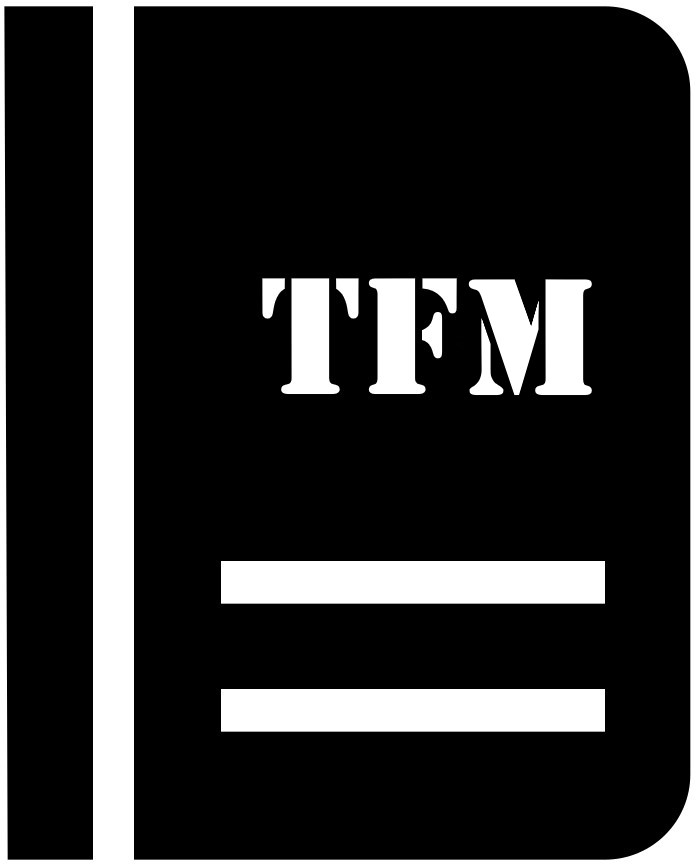|
Author
Sánchez Conde, Cristina
|
Abstract
In the search for new therapeutic targets to combat bacterial infections, it is necessary to understand their infectious patterns and mechanisms. Pathogenic bacteria modify the structure of their peptidoglycan network to prevent their recognition by host enzymes and receptors involved in innate immunity. One of the most frequent modifications is the deacetylation of N-acetylglucosamine (GlcNAc) and/or N-acetylmuramic acid (MurNAc) of the peptidoglycan backbone.
Peptidoglycan deacetylases are classified according to their substrate specificity, but currently, there is no sequence signature that distinguishes each group: GlcNAc deacetylases, canonical MurNAc deacetylases, and BsPdaC-like MurNAc deacetylases (recently proposed IQS biochemistry ). Few of the classified enzymes, however, have been biochemically characterized, so in order to fully understand their structure and function, it is necessary to study other possible deacetylases with an assay based on defined peptidoglycan motifs.
To obtain peptidoglycan fragments as specific substrates of each group of deacetylases, peptidoglycan has been modified by two recombinantly expressed and purified autolysins: CwlH and CwlE. Although the activity of autolysins could not be determined directly, their products have been validated by a functional assay with specific deacetylases.
|

|



